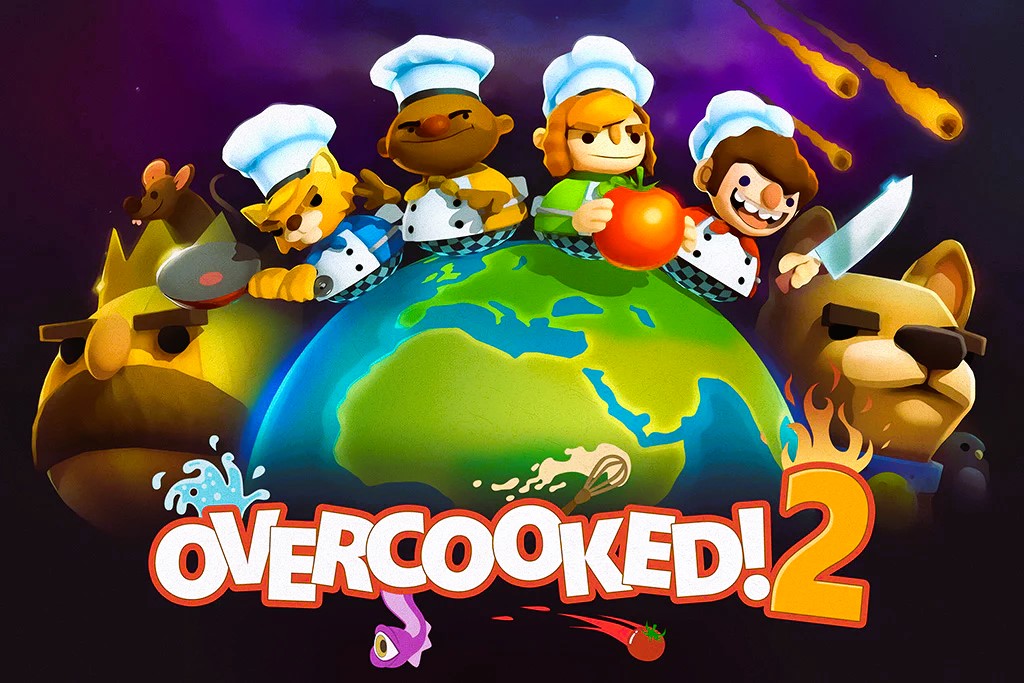Video games have evolved into a multi-billion-dollar industry with an expansive range of experiences that can be enjoyed by people of all ages. While many view video gaming as a solitary activity, there is a growing recognition of its potential to bring families closer together. In fact, playing video games as a family can be a powerful tool for strengthening relationships, fostering communication, and creating shared memories.
In this article, we’ll explore how playing video games together can enhance family bonds and provide valuable opportunities for learning, fun, and emotional connection.
1. Shared Experiences Create Lasting Memories
One of the primary benefits of playing video games together as a family is the opportunity to create shared experiences. Whether you’re working together to defeat a challenging boss, building a virtual world in Minecraft, or competing in a friendly match of Mario Kart, these activities provide moments that families can reminisce about long after the game is over.
Shared experiences are key to building emotional connections. When family members spend time together in a game, they share both triumphs and setbacks. These shared moments, whether they involve laughter, celebration, or a collective sigh of relief after completing a difficult level, form lasting memories that help strengthen the emotional ties between family members.
2. Encouraging Teamwork and Collaboration

Many modern video games, especially those designed with family play in mind, emphasize teamwork and collaboration. Games like Overcooked 2 (2018), Lovers in a Dangerous Spacetime (2015), and Fortnite (2017) require players to work together to achieve a common goal. These types of games provide excellent opportunities for family members to learn how to communicate effectively, collaborate, and solve problems as a team.
For parents, these games can serve as valuable teaching moments. Children can learn the importance of working together, sharing responsibilities, and supporting one another. In return, parents can observe their children’s problem-solving skills and gain a better understanding of how they think and approach challenges. These interactions help foster trust and respect between family members, creating a foundation of cooperation that extends beyond the game world.
3. Strengthening Communication Skills
Playing video games as a family encourages communication, a critical aspect of any healthy relationship. Whether it’s coordinating strategies, giving advice, or simply sharing thoughts on the game, communication is key to success in many multiplayer games. In fact, playing video games together provides a low-pressure environment where family members can practice their communication skills and learn how to express themselves more effectively. The best multiplayer games for all ages, read more in our article.
For example, in cooperative games like Animal Crossing: New Horizons (2020), family members can work together to create their ideal virtual village while discussing design ideas, trading items, and planning activities. These moments of exchange can translate into better communication and understanding in real life, strengthening family relationships outside of the gaming session.
4. Building Empathy and Emotional Support
Video games often feature narratives that involve characters facing challenges, conflicts, or emotional struggles. When families play story-driven games together, they experience these emotional journeys side by side. Games like The Last of Us (2013) and Journey (2012) are examples of titles that evoke empathy and allow players to reflect on difficult themes such as loss, love, and personal growth.
As family members experience these emotional moments together, they are given the opportunity to discuss and reflect on the characters’ actions and motivations. This shared emotional experience helps foster empathy and encourages family members to support one another, both in the game and in their real lives. Parents and children can bond over their emotional reactions to the story, deepening their understanding of each other’s feelings and perspectives.
5. Reducing Stress and Promoting Relaxation
Video games can also serve as a way for families to relax and unwind together. After a busy day filled with work, school, and other responsibilities, playing a casual game can provide a fun escape from daily stresses. Games like Mario Kart 8 Deluxe, Just Dance, or Wii Sports offer lighthearted experiences that are easy to pick up and enjoy as a family without requiring long, intense commitments.
These games help families connect in a way that is both entertaining and stress-relieving. The shared laughter, playful competition, and collaborative efforts to complete challenges create a positive atmosphere where everyone feels comfortable and engaged. This shared relaxation helps reduce stress and fosters an overall sense of well-being, contributing to healthier family dynamics.
6. Teaching Valuable Life Skills

While video games are often associated with entertainment, many games also provide opportunities for learning and personal development. Strategy games like Civilization VI (2016) or puzzle games like Portal 2 (2011) encourage critical thinking, planning, and resource management. These skills can be valuable for children and adults alike and can help families bond over shared educational experiences.
Furthermore, multiplayer games that involve negotiation, decision-making, and leadership allow family members to practice life skills such as compromise, conflict resolution, and delegation. These valuable lessons can enhance the overall quality of family interactions, both in and out of the gaming environment.
Playing video games together as a family provides a wealth of benefits that can strengthen relationships and create meaningful connections. By fostering communication, teamwork, empathy, and relaxation, video games become more than just entertainment—they become a valuable tool for building lasting family bonds.
As the gaming industry continues to evolve, families will have even more opportunities to connect, collaborate, and share unforgettable moments through the magic of gaming. So, whether you’re tackling a challenging puzzle or embarking on a virtual adventure, remember that playing video games together is not just about winning—it’s about coming together and enjoying quality time as a family.
For more on how video games can impact relationships, check out this Wikipedia article on Video Games.
